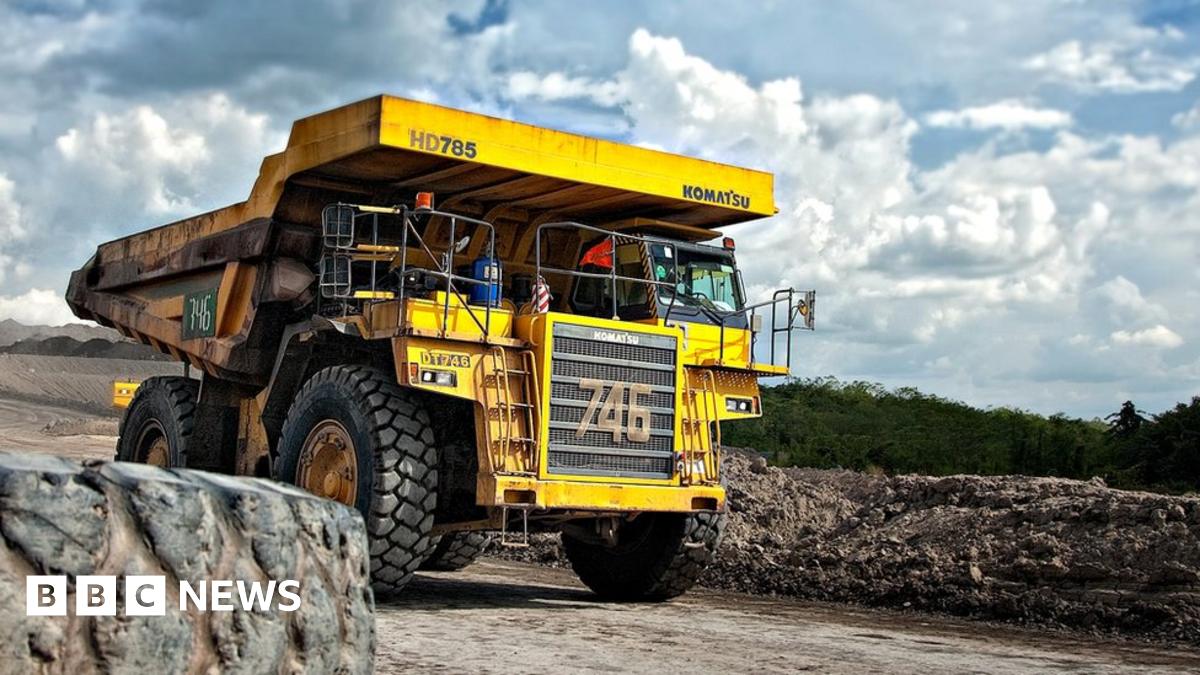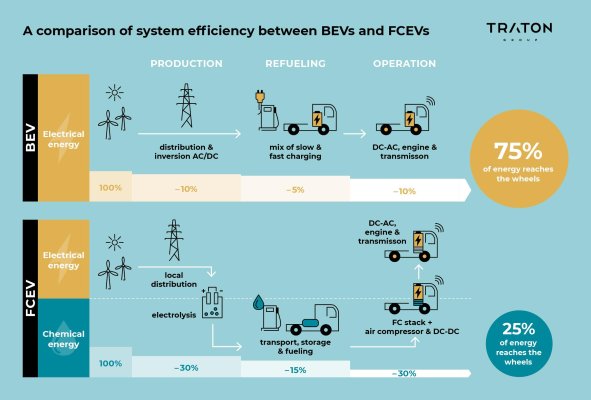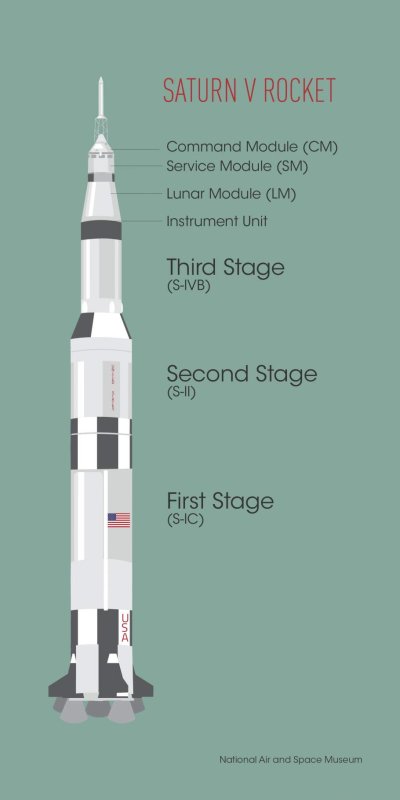grober
MB Master

The race to make diesel engines run on hydrogen
Ordinary diesel trucks could be converted to a hydrogen-diesel mix, according to researchers in Australia.
www.bbc.co.uk
NOTE this is an IC engine not a fuel cell one.




 think we have been here before!
think we have been here before!

